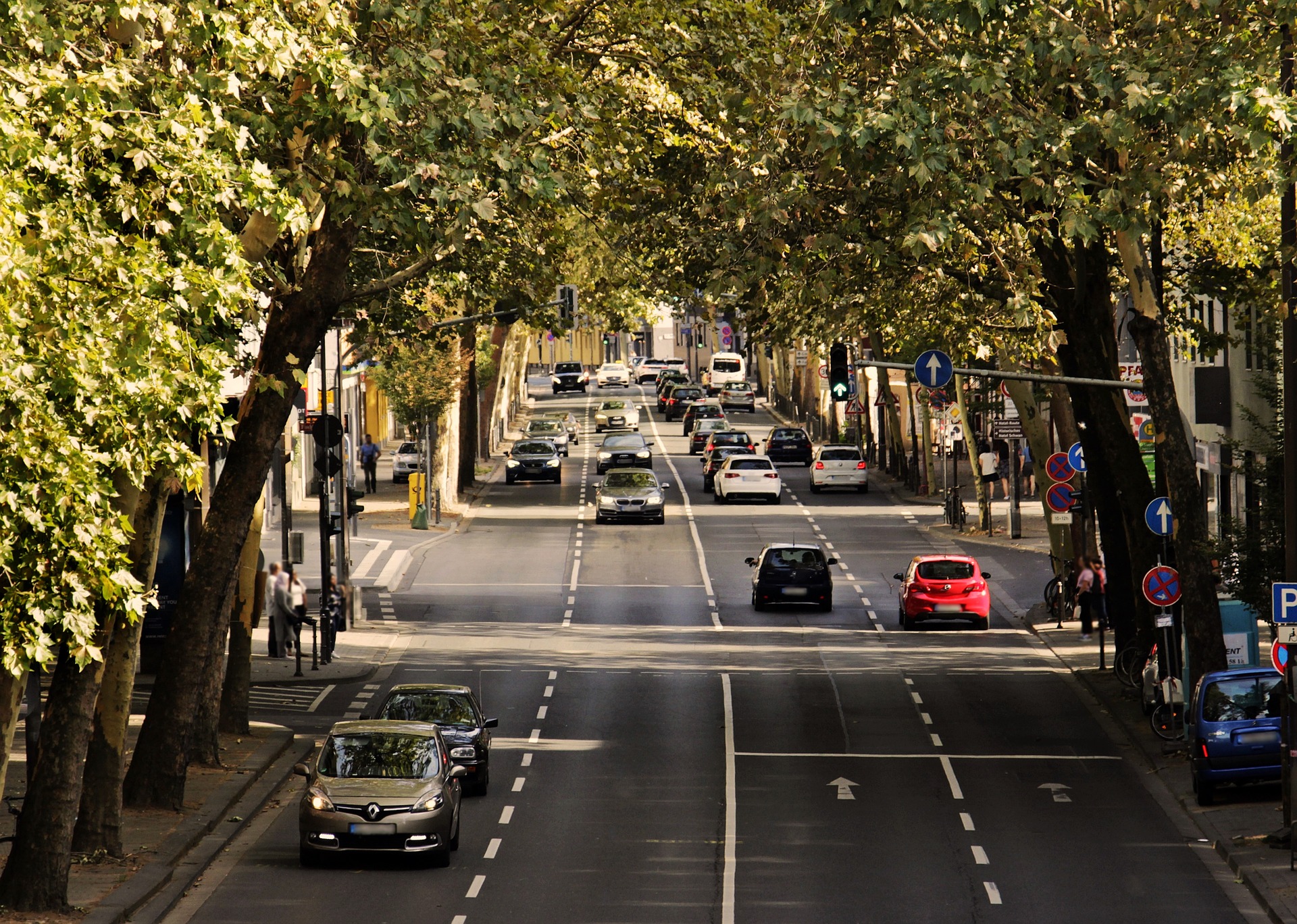
Reconciling Environmental and Social Transport Policies (T&E 04/05)
Based on a T&E seminar held in Brussels on 19 May 2004, this report brings together social and environmental thinking, with a focus on the specific example of pricing.
European societies have experienced dramatic changes within only a few generations. One of the most important elements has been an increase in the volume of transport. As a result, people now travel further and households spend more on transport.
The increase in transport has brought a range of associated problems with it. The environmental issues are well-publicised, and the economic arguments have been thoroughly discussed. However, the social aspects of transport’s phenomenal growth have undergone rather less scrutiny.
The effects of social exclusion are numerous, ranging from depression and unemployment to social disintegration. Those living in rural areas normally face the most severe exclusion from goods and services2, because the distances to key services are usually greater and public transport can be insufficient. However, city-dwellers can also be seriously disadvantaged. They suffer from unfair distribution of transport’s environmental problems while not having the access that such transport brings to their more integrated neighbours (especially if they live far from the centre). Public transport has been unable to keep pace with urban developments3, resulting in decreased opportunities for those without a car.
